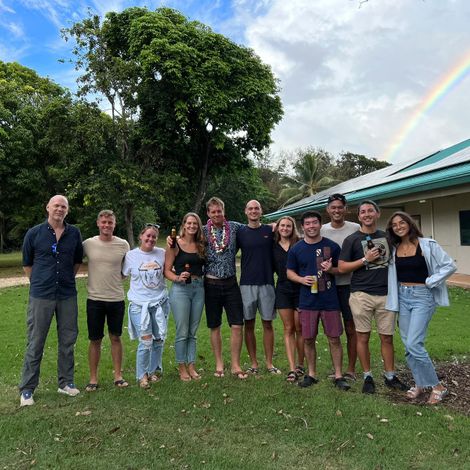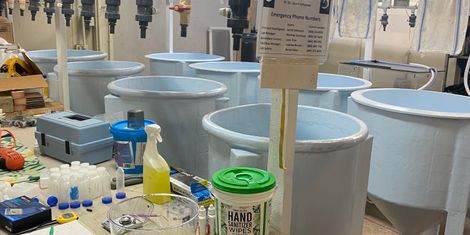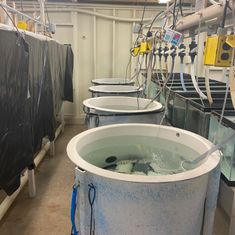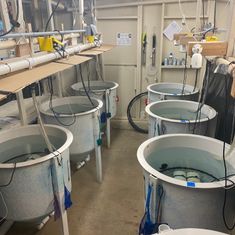Herbivores in the Hot-Seat




Aloha! My name is Taylor Souza and I am a 3rd year PhD Candidate at Stanford University, currently based out of the Hawaii Institute of Marine Biology (Coconut Island) on O’ahu Hawaii. The basis of my PhD is formed around the idea that to best protect our nearshore Hawaiian waters, science must be integrated into the management strategies that we use. My research is based on the premise that marine coral reef herbivores (algae eating marine fishes) could be the salvation in mitigating some of the harmful effects of climate-change induced coral bleaching. The key concept of my dissertation is that the efficacy of using herbivores to protect coral reefs from bleaching and marine heatwaves only works if herbivorous fishes themselves are resilient to the same stressors killing corals. A 4-series project, my first project begins in the field observing herbivore feeding behavior in Kane’ohe Bay and aims to identify the patterns of reef herbivores in the wild. The next three chapters, which are lab based, tease out the exact patterns observed in the wild by zooming in on herbivorous reef fish thermal preference, foraging patterns, and food preference. While this premise seems obvious, it has never previously been tested. By investigating the impact of ocean temperature on herbivore movement patterns, foraging patterns and overall resilience to heating, the results of this study will be critical in allowing coral reef managers to determine the best ways to protect our coral reefs and designate herbivory management areas that sustain our ocean for generations to come. As climate change advances to the forefront of scientific advancement, it is my hope that my research provides guidance on how to determine appropriate areas for Herbivory Management Areas as a climate adaptation strategy. AF funding will specifically support Project 3, observing herbivore feeding preferences in marine heatwaves. This in-lab research will take place in the Johansen Fish Resilience Lab at HIMB.